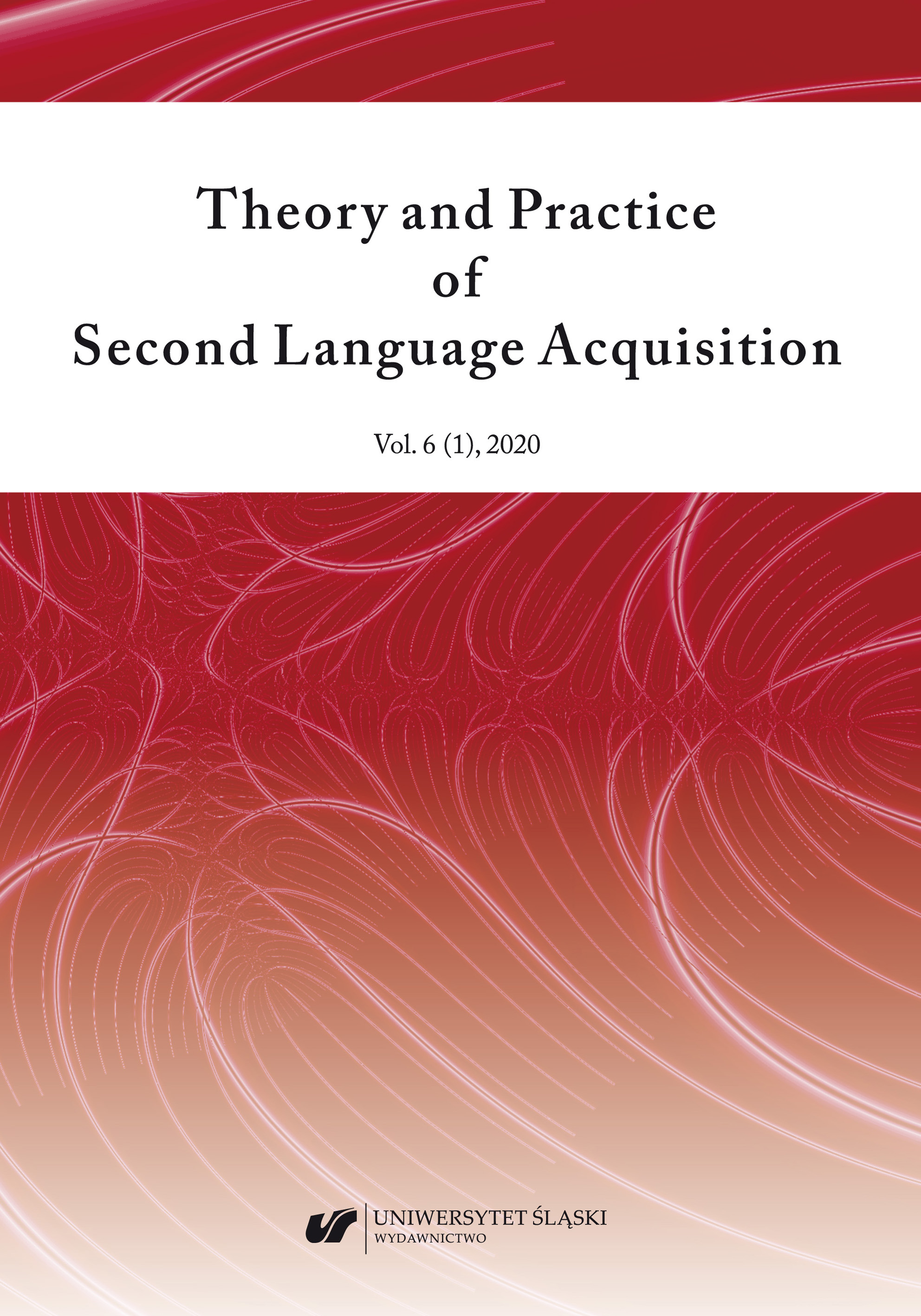Metaphors We Academicize the World With? – Metaphor(icity) Perceived in the Context of Academia (A Case Study of English Philologists-to-be)
Metaphors We Academicize the World With? – Metaphor(icity) Perceived in the Context of Academia (A Case Study of English Philologists-to-be)
Author(s): Adam PalkaSubject(s): Foreign languages learning, Theoretical Linguistics, Applied Linguistics, Language acquisition, Higher Education , Philology
Published by: Wydawnictwo Uniwersytetu Śląskiego
Keywords: metaphor(ization); academic environment; metaphor perception by students; metaphor awareness among students
Summary/Abstract: Since the advent of Cognitive Linguistics in the 20th century (cf. Lakoff & Johnson, 1980/2003), the role and perception of metaphor(ization) started to change, not only among theoretical linguists and researchers, but also in the context of Applied Linguistics. Thus, no longer treated as a mere ornament or anomaly, metaphor has been more and more appreciated by educationalists, course book writers, and teachers, but also by psychologists, clinicians, and other professionals. In short, it has become an educational and a diagnostic tool in many ‘applied’ areas of human development. In line with this rekindled interest in metaphoricity, in my study I attempt to learn more about awareness and perception of metaphoric conceptualisations among English philology university students (both freshmen, sophomores, juniors, and seniors) in the environment of academia, an environment they naturally function in and belong to. My preliminary assumption is that despite the already widely acknowledged importance of metaphors in sciences and humanities (cf. Cameron & Maslen, 2010; Haase, 2009, 2010; Hermann, 2013), the perception and awareness of metaphorical construals in the ‘academic habitat’ among prospective English philologists may be variegated, ranging between more traditional and more modern perspectives. My intention is, then, to obtain feedback from them as it concerns their views on (the role of) metaphor(ization) in the academic habitat and beyond it, in their life and in the world in general. The results reveal that the students are closer to traditional rather than modern stances on metaphor, though the situation is more complex.
Journal: Theory and Practice of Second Language Acquisition
- Issue Year: 1/2020
- Issue No: 6
- Page Range: 143-181
- Page Count: 39
- Language: English

